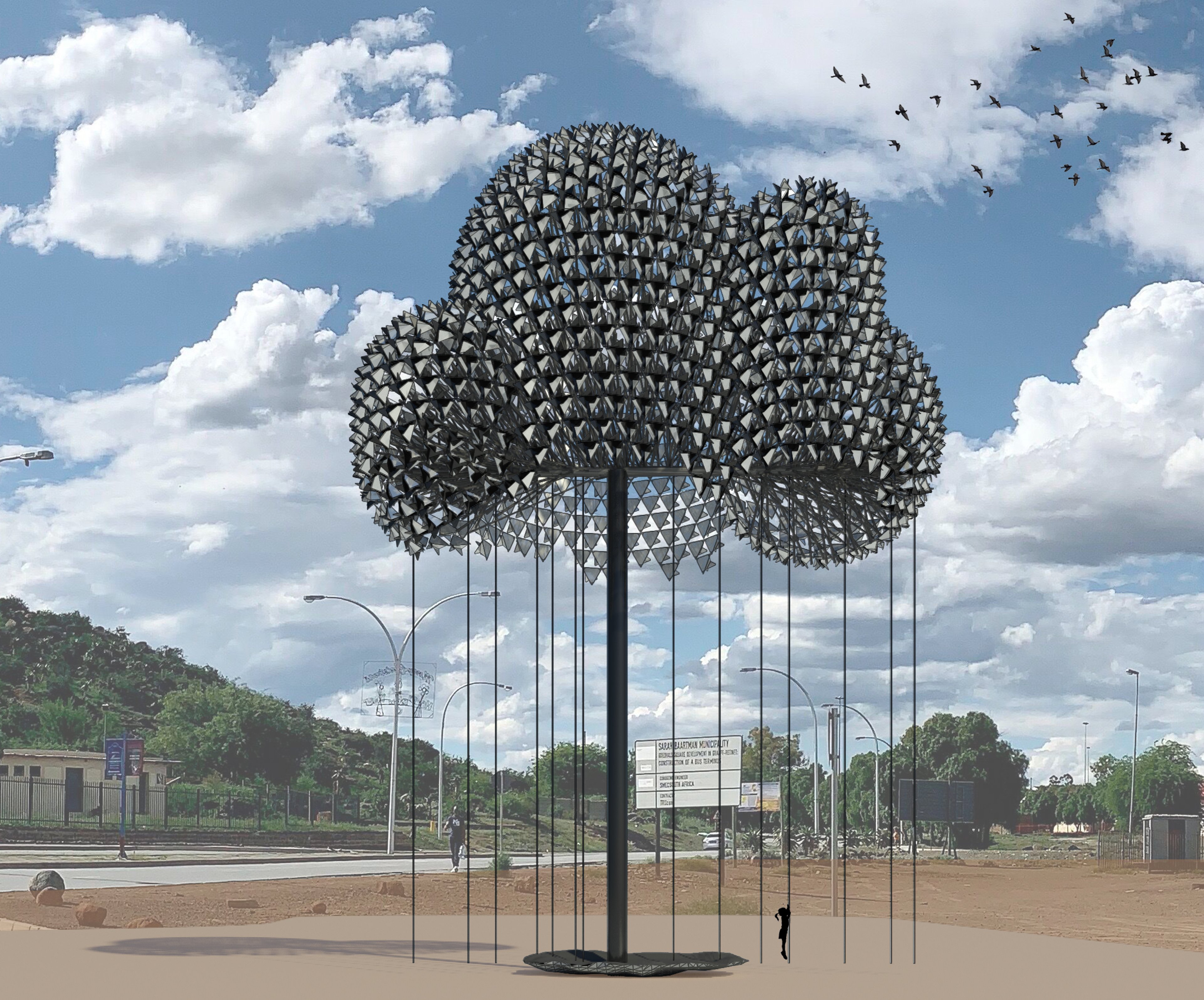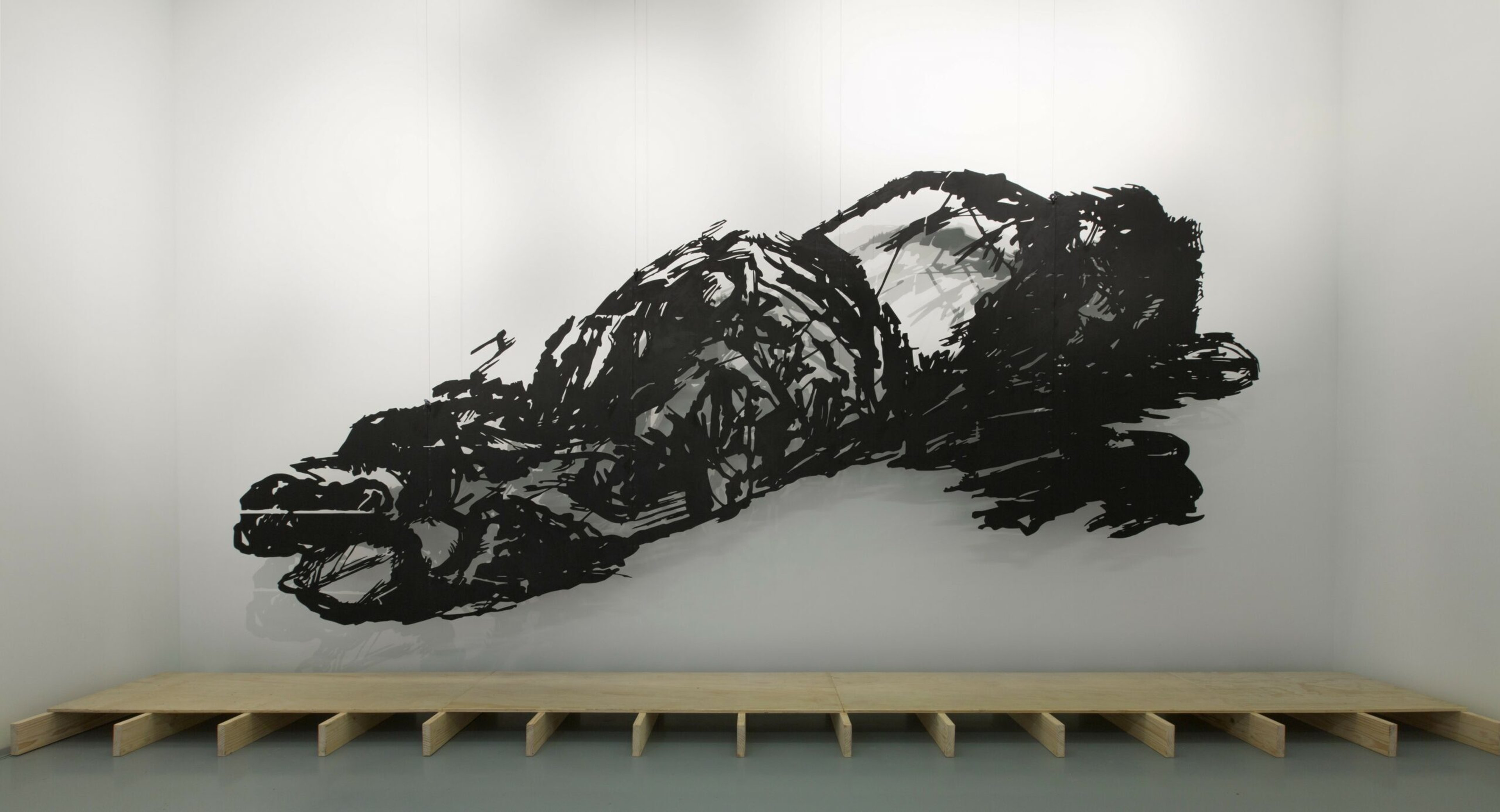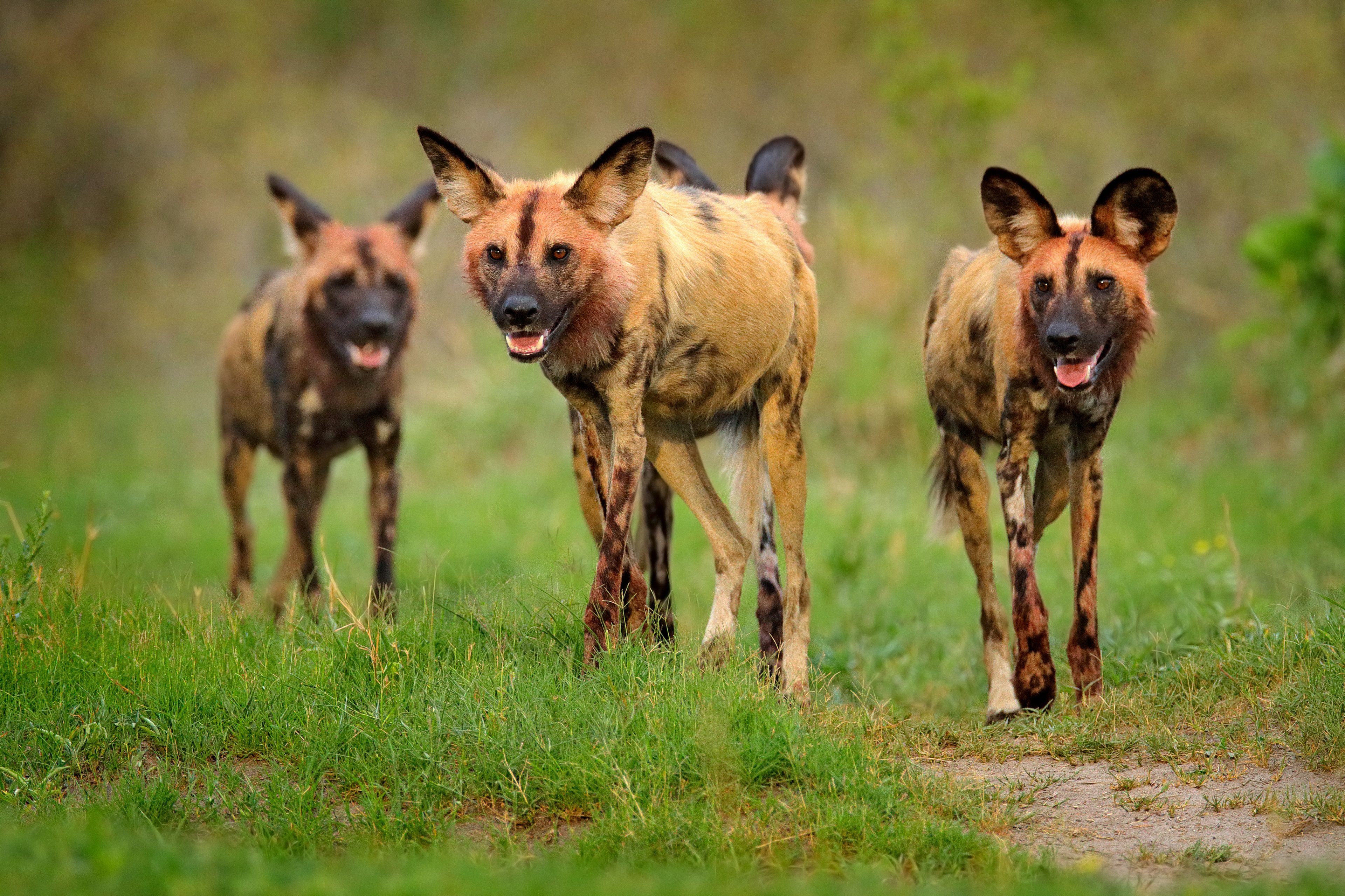Known as a museum without walls, the desert town of Graaff-Reinet, is set to become South Africa’s Marfa.
For a town with over 220 historical sites and one of the few that I can think of that can claim to be surrounded entirely by a nature reserve – Graaff-Reinet in South Africa’s vast semi-desert region of the Karoo, holds a special place in my heart. It is a place with a magical and mystical force. Blessed with wide-open spaces, dramatic landscapes, the best stargazing in the world and a staggering 50-million-year fossil record, the Karoo is known as one of the quietest places on earth. All of which only adds to the town’s attraction for me, for such is the immense, heart lifting isolation of Graaff-Reinet’s vast landscapes, that I have come to depend on it as a place in which I go to recalibrate my senses and think big. In fact, just last year, we chose Graaff-Reinet as the perfect place in which to ‘start a revolution’ when we began our inaugural Women’s Empowerment Journey there. The power of good ideas was the thinking behind The Social Impact Arts Prize, a dynamic and exciting new arts residency program launched last year by The Rupert Art Foundation and The Rupert Museum.
If you believe that beauty is where it lives, then calling out for creative ideas with the potential to impact the communities for and within which they are created is both simple and genius. The brainchild of Executive Chairwoman Hanneli Rupert (herself a fine artist and fashion entrepreneur) and Director Roelof van Wyk (an interdisciplinary architect and artist) – the initiative seeks to bring big thinkers to Graaff-Reinet by way of a co-creative, collaborative artists’ residency program where social impact is a measurable and critical component. “Traditionally, the art world is driven by a commercial end goal where artists work in studios to produce physical pieces of art,” explains Hanneli. “We wanted to turn that on its head by bringing those creatives to nature – potentially the most creative space to be in – so as to encourage and facilitate real and creative site-specific solutions to small town problems that so often reflect greater global societal issues too.”
Graaff-Reinet was selected for several reasons, not least that as the birthplace of businessman, philanthropist and conservationist Dr. Anton Rupert, it is home to much of the philanthropic work that the Rupert Foundation support. As such ground breaking organizations like The South African College of Tourism (SACT), The Tracker Academy, The Herding Academy and Peace Parks (founded by Anton Rupert and Nelson Mandela in 1997) are all based here. ‘Graaff-Reinet’s unique landscape is a reminder of a deeper environmental perspective that is at play globally,’ adds Hanneli. ‘We already have a strong scientific community that draws leading paleontologists and environmentalists from around the world and so this initiative was another way in which to give back to the community by encouraging new ideas that will continue to build on the legacy of the town as a ‘Museum without Walls.’
Unlike most established art competitions in South Africa where the focus is specifically on fine art, The Social Impact Arts Prize caught my attention because it recognizes how a great idea has the potential to be a catalyst for change by providing an alternative lens on art practices and their role in communities. Drawing submissions from artists, architects, engineers, landscapers, environmentalists, creative visionaries and other experienced community-based creatives, the response was not only phenomenal but noted for the considered, impactful and meaningful ideas presented. Inspired by towns like Marfa in Texas, and the work of conceptual environmental artists such as Chicago’s Theaster Gates and the late Walter de Maria’s Lighting Fields in New Mexico – Hanneli and Roelof have set their sights on ‘world changing ideas’ that will begin a new conversation around art for the greater good.
And the three winners, announced in early March this year, clearly articulated these values perfectly according to the dynamic team of international judges that include chairperson Michelle Constant, an independent Creative and Social Impact Consultant, Aliki Lampropoulos, Head of International Development – Museum of Cycladic Art in Athens; Azu Nwagbogu, Founder and Director of African Arts Foundation (AAF) Nigeria; Salma Tuqan, Curator of contemporary art and design and Deputy Director of Delfina Foundation in London; Suhair Khan, Project Lead for Google Arts & Culture in the UK; Allan Schwarz, craftsman, artist, architect, environmental designer and grower of trees from South Africa; and Marlon Parker, South African based impact entrepreneur and founder of the Reconstructed Living Lab (RLabs), who is listed as one of the 100 World Class South Africans and an alumni for President Obama’s Young African Leaders.





